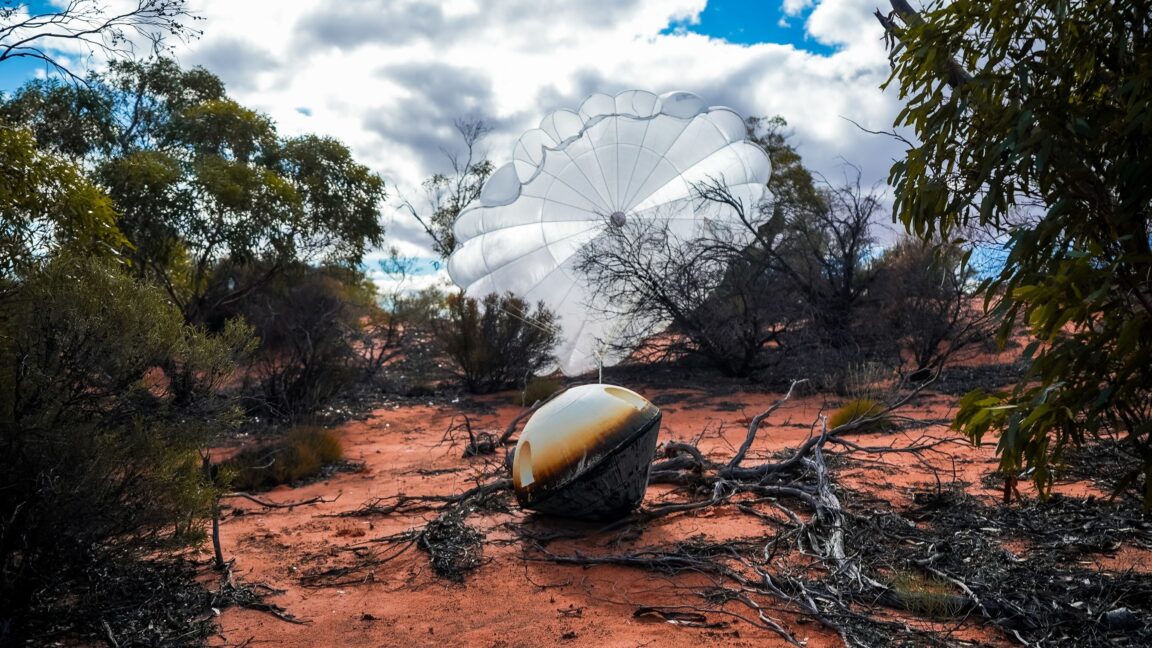
"Varda's W-series spacecraft, reentering at speeds of Mach 25, serve as a test bed for advanced thermal protection materials, navigation, and sensors for hypersonic missiles."
"With three key business areas—military applications, pharmaceutical research, and microgravity research—Varda provides a rapid, cost-effective solution for space experiments without human involvement."
"Varda does not see itself as competition to NASA's Commercial LEO Destinations, stating, "We view ourselves more as the bridge versus some kind of competition to all things CLD.""
"While promoting autonomy in space missions, Varda maintains a supportive stance toward human spaceflight, envisioning larger permanent platforms in the future."
Varda's W-series spacecraft are designed for hypersonic testing at Mach 25, supporting military and research applications. The company operates in three sectors: military applications, pharmaceutical research, and microgravity experiments. As NASA prepares for the 2030 retirement of the International Space Station, Varda offers autonomous solutions for experiments to capitalize on current market needs. While not competing with NASA's commercial space plans, Varda aims to enhance capabilities in the sector without excluding the potential for human-operated platforms in the future.
#spacecraft #hypersonic-technology #microgravity-research #autonomous-space-missions #commercial-space-industry
Read at Ars Technica
Unable to calculate read time
Collection
[
|
...
]